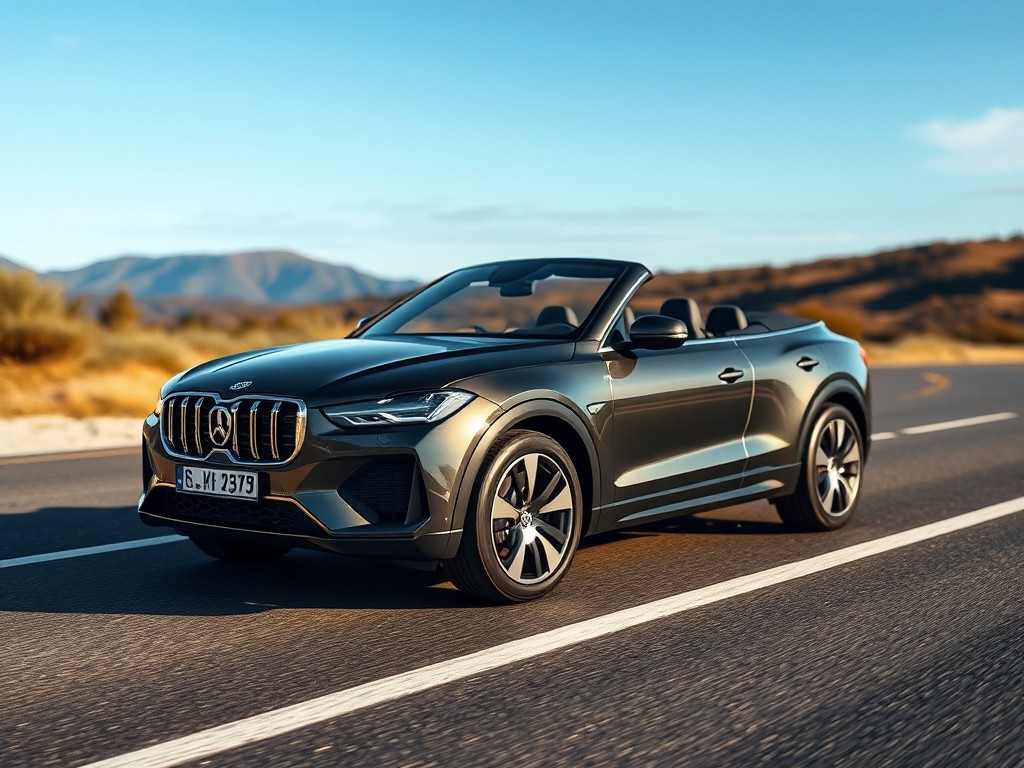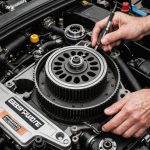From the rugged highlands of Scotland to the rolling hills of the Cotswolds, the UK is blessed with diverse rural landscapes. However, navigating these landscapes demands a trusty vehicle equipped with the right features to handle the varying terrain and weather conditions. In this article, we’ll walk you through the crucial aspects to consider when buying a car for rural life in the UK, including the type of vehicle, drive system, insurance considerations, what to check before buying, and where to find the best deals.
1. Choosing the Best Type of Vehicle
When it comes to rural living, not all vehicles are created equal. The type of car you choose should be able to withstand the demands of rural living.
Topic to read : What are the implications of UK’s planned phase-out of petrol and diesel vehicles for current owners?
SUVs, for instance, are usually a good bet. Their high ground clearance allows them to traverse rough terrains and flooded roads with ease. Furthermore, their spacious interiors and large boot space make them ideal for carrying groceries, garden supplies, or the occasional farm animal.
But SUVs aren’t the only option. Estate cars, with their extended rear cargo area, can also be a practical and more fuel-efficient alternative. Likewise, if you’re primarily driving on paved roads and only occasionally venturing off-road, a crossover might be a good compromise between ruggedness and comfort.
In the same genre : How to choose the correct booster seat for older children in the UK?
2. The Importance of the Drive System
The drive system of a car is another essential factor to consider when making your purchase.
For rural living, a four-wheel-drive (4WD) or all-wheel-drive (AWD) system is often recommended. These drive systems deliver power to all four wheels simultaneously, providing better traction on slippery or uneven surfaces. This can be particularly helpful during the UK’s wet winter months when rural roads can become muddy and slippery.
However, it’s important to note that vehicles with 4WD or AWD systems are typically more expensive to buy and maintain than their two-wheel-drive counterparts. Therefore, you should weigh the potential benefits against the additional costs before making your decision.
3. Essential Insurance Considerations
Owning a vehicle isn’t just about buying and driving. Ensuring that your car is correctly insured is equally important.
When choosing your insurance, remember that rural areas may pose additional risks to your vehicle, such as damage from livestock or adverse weather conditions. You might want to consider a comprehensive insurance policy, which covers all types of damage to your car, not just those caused by road accidents.
Also, remember to shop around for the best insurance deals. Prices can vary widely between different insurance companies, so don’t just settle for the first quote you find.
4. What to Check Before Buying
Before handing over your hard-earned cash, there are several key things you should check when buying a car.
Firstly, always ask the seller for the car’s service history. This will give you an idea of how well the car has been maintained and if there are any recurring issues you should be aware of. If the seller can’t provide this, it might be wise to look elsewhere.
Secondly, consider having the vehicle inspected by a professional mechanic. They’ll be able to spot potential problems that you might miss, saving you money and headaches down the road.
Finally, check that the car’s paperwork is in order. This includes the V5C registration document, which proves the seller’s ownership of the car, and the MOT certificate, which shows that the car is roadworthy.
5. Where to Find the Best Deals
In today’s digital age, finding a car to buy is easier than ever. Numerous online platforms offer a vast range of cars for sale, from brand-new vehicles to second-hand bargains. Websites like AutoTrader, Gumtree, and eBay Motors allow you to filter your search based on your specific needs and budget.
However, don’t discount traditional car dealerships either. They often have a variety of vehicles on offer and can provide valuable advice based on your specific needs. Plus, cars bought from a dealership usually come with some sort of warranty, providing you with peace of mind.
Remember, whether you’re buying online or in person, always take the car for a test drive before making your decision. This will give you a chance to see how the car handles on the road and whether it feels right for you.
6. Breakdown Cover for Rural Driving
Ensuring your vehicle is always primed and ready to face the challenges of rural driving is crucial. Breakdown cover is a service you might want to consider when buying a car for rural living, as it provides essential assistance in case your car breaks down in a remote location.
Breakdown cover, though an additional cost, can be a lifesaver, especially during those cold UK winter months when the risk of car issues such as battery failure and tyre problems are high. Policies can vary, with some offering home start services, while others include nationwide recovery or even alternative transport and accommodation if your car needs to be repaired.
When selecting a breakdown cover, research thoroughly and pick one that best suits your needs. Some companies provide tailored covers for rural dwellers, which might be worth considering. Providers such as the AA, RAC and Green Flag have various packages that you can choose from.
7. The Rise of Electric Cars in Rural Areas
Change is in the air, or rather, on the roads. With advancements in technology, an increasing number of people are considering electric cars as a viable option for rural living.
Electric vehicles (EVs) are not only environmentally friendly but can also be cheaper to run and maintain compared to petrol or diesel cars. The running costs of EVs can be significantly lower, with cheaper tax rates and reduced fuel costs. Moreover, EVs require less maintenance as they have fewer moving parts, which can translate into savings on car maintenance.
However, one critical factor to consider is the availability of charging stations in your rural area. While the UK government is actively working on expanding the charging network, some rural areas might still have limited access to such facilities.
EVs like the Range Rover Evoque, Nissan Leaf and BMW i3 have been praised for their off-road capabilities, making them a strong contender when buying a car for rural living in the UK.
Conclusion
Buying a car for rural living in the UK requires careful consideration of numerous factors. From the type of vehicle, drive system, and insurance, to incorporating features like breakdown cover and potentially choosing an electric vehicle, each aspect plays a crucial role in ensuring an enjoyable and problem-free rural driving experience.
Remember, researching thoroughly before making your decision is a critical part of the car buying process. Make use of car reviews and traffic news to understand the performance of different models and their suitability to the UK’s rural roads. Finally, never underestimate the power of a good test drive. It can provide you with invaluable first-hand experience of how your potential motor vehicle performs, ensuring your final decision is well-informed and perfect for your rural lifestyle.











